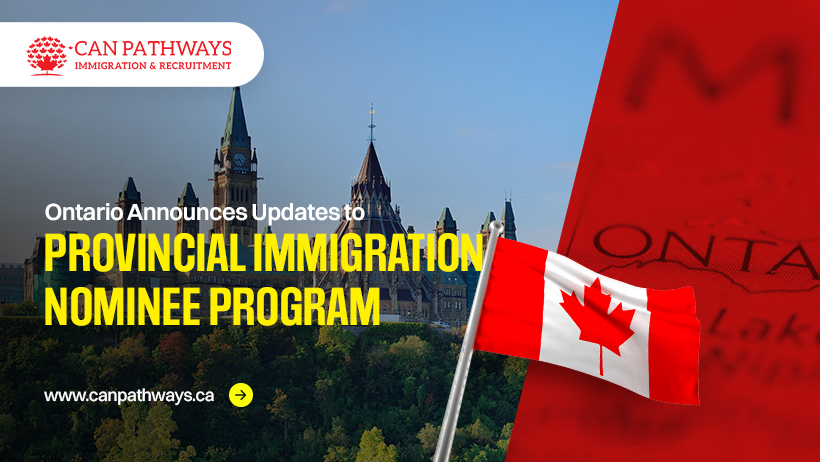The new law would let the minister start or stop immigration pathways to keep up with changes in the job market.
In a move to address Ontario’s evolving economic needs, the provincial government has proposed changes to its immigration program.
Legislation tabled on Wednesday would grant the immigration minister the power to establish or discontinue nomination streams, allowing for quicker adaptation to labour market fluctuations.
The proposed updates to Ontario’s provincial immigration program would also:
- Enable program officials to return applications that no longer align with current labour market demands or raise red flags;
- Authorize inspectors to conduct in-person interviews with applicants under the Ontario Immigrant Nominee Program to enhance program integrity and deter fraud;
- Expand digital services by launching a new employer portal this summer, allowing employers to submit sponsorship applications for foreign workers directly and electronically.
These proposed changes are part of the Working for Workers Seven Act, 2025, which includes 18 new measures aimed at addressing Ontario’s evolving economic landscape and strengthening its workforce.
“Our proposed reforms are designed to prepare both workers and employers for the jobs of tomorrow, while also supporting those affected by U.S. tariffs and broader economic uncertainty,” said David Piccini, Minister of Labour, Immigration, Training and Skills Development, in a statement.
“This comprehensive package reflects our steadfast commitment to protecting Ontario’s greatest asset — its workers.”
Ontario’s immigration program, which allows the province to nominate candidates for permanent residency through federal processing, has significantly expanded — growing from 6,650 nominations in 2019 to 21,500 in 2024 — and now plays a key role in attracting economic immigrants to the province.
However, a report from the Office of the Auditor General, released last December, highlighted several shortcomings in the administration of the provincial immigration program.
The audit revealed that few nominated immigrants held jobs or had experience in sectors with the highest labour shortages, and that verification processes were inadequate—especially in cases where documents were prone to misrepresentation or forgery.
“Inspection results revealed weaknesses in the Ministry’s procedures to detect and prevent misrepresentation prior to application approval and nomination,” the report stated, adding that most inspections were limited to desk audits rather than more rigorous evaluations.
In addition to immigration-related changes, the Working for Workers Seven Act proposes several other measures, including:
- Requiring automated external defibrillators on construction sites;
- Mandating job platforms to include tools for reporting fraudulent job postings;
- Accelerating referrals to in-demand training programs, such as micro-credentials; and
- Enhancing support for workers affected by layoffs linked to international tariffs.





